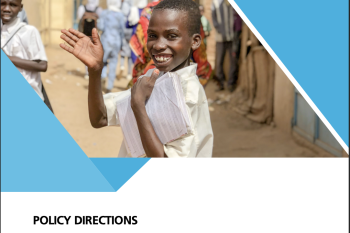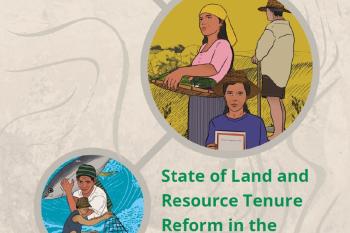
Read More
Policy Directions: Housing, Land and Property Solutions to Resolve and Prevent Displacement
The “Policy Directions: Housing, Land and Property Solutions to Resolve and Prevent Displacement” was developed by UN-Habitat and the Global Land Tool Network with the financial su


